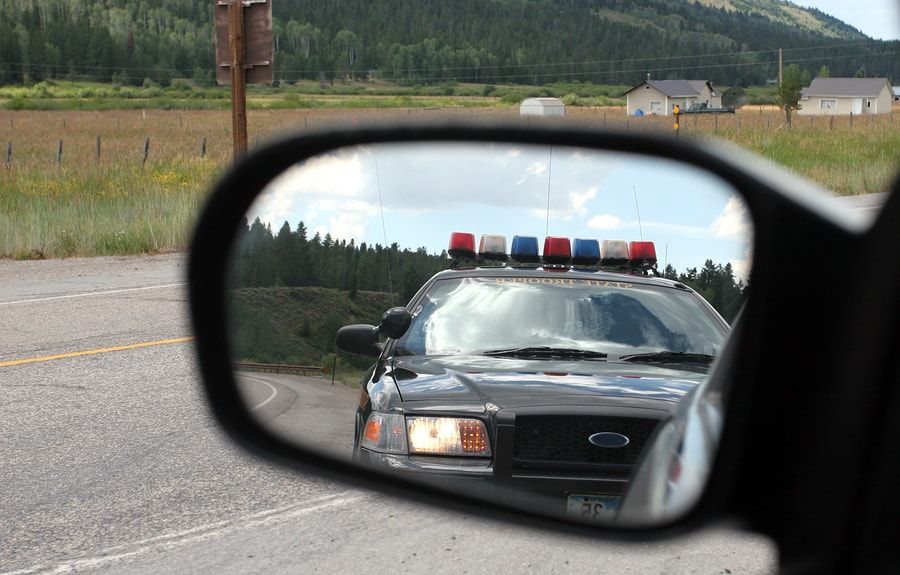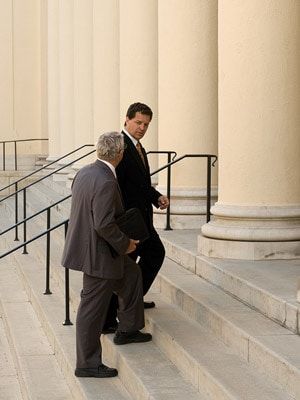 When a police officer pulls over a driver on suspicion of drunk driving, he or she cannot arrest the driver without probably cause. That’s where the Standardized Field Sobriety Test (SFST) comes in. Developed in the late 70s and early 80s as a result of research conducted by the National Highway Traffic Safety Administration (NHTSA), the SFST gives law enforcement a reliable, scientifically-validated, court-admissible way to determine if a driver is impaired.
When a police officer pulls over a driver on suspicion of drunk driving, he or she cannot arrest the driver without probably cause. That’s where the Standardized Field Sobriety Test (SFST) comes in. Developed in the late 70s and early 80s as a result of research conducted by the National Highway Traffic Safety Administration (NHTSA), the SFST gives law enforcement a reliable, scientifically-validated, court-admissible way to determine if a driver is impaired.
Law enforcement officials are trained to become skilled at detecting drunk drivers by conducting three specific tests proven to fairly determine whether or not a driver has been drinking.
HGN Eye Test
Horizontal gaze nystagmus is an involuntary twitching of the eye that occurs when you use your peripheral vision to look to the side while keeping your head facing forward. Normally, this happens at a 45-degree angle. If the twitch occurs at an angle less than 45 degrees, it’s a sign of a high blood alcohol content (BAC).
A police officer conducts an HGN test by slowly moving a pen or a small light horizontally in front of the driver’s eyes and asks the driver to follow the object or light. If the involuntary twitch occurs at an angle less than 45 degrees or the driver’s eyes cannot follow the object smoothly, the driver likely has a BAC of 0.08 or greater. According to the NHTSA, the test will be accurate 77% of the time.
Walk and Turn Test
The walk and turn test, as well as the third test, requires you to listen and follow instructions while performing a simple movement. When sober, such a task is performed perfectly without much though. However, intoxicated people have a difficult time performing tasks that require both mental and physical exercise.
In the walk and turn test, a police officer asks the driver to walk heel-to-toe along a straight line for nine steps, then turn on one foot before returning in the same way. NHTSA studies show that about 68% of those who exhibit two or more the following signs of intoxication will have a BAC of at least 0.10:
- Cannot keep balance while listening to instructions
- Begins before instructions are finished
- Stops while walking to regain balance
- Doesn’t touch heel-to-toe
- Steps off the line
- Uses arms to balance
- Makes an improper turn
- Takes an incorrect number of steps
One Leg Stand Test
For the one leg stand test, a police officer asks a driver to stand with one foot raised about six inches off the ground while counting aloud by thousands. Officers will time the driver for about 30 seconds. According to NHTSA research, about 65% of people who exhibit two or more of the following signs of impairment will have a BAC of at least 0.10:
- Swaying while balancing
- Using arms to balance
- Hopping to maintain balance
- Putting the raised foot down
When combined, all three tests are 90% accurate in determining that a driver is impaired.

 Who is Notified of a Failed Ignition Interlock Test?
Who is Notified of a Failed Ignition Interlock Test?